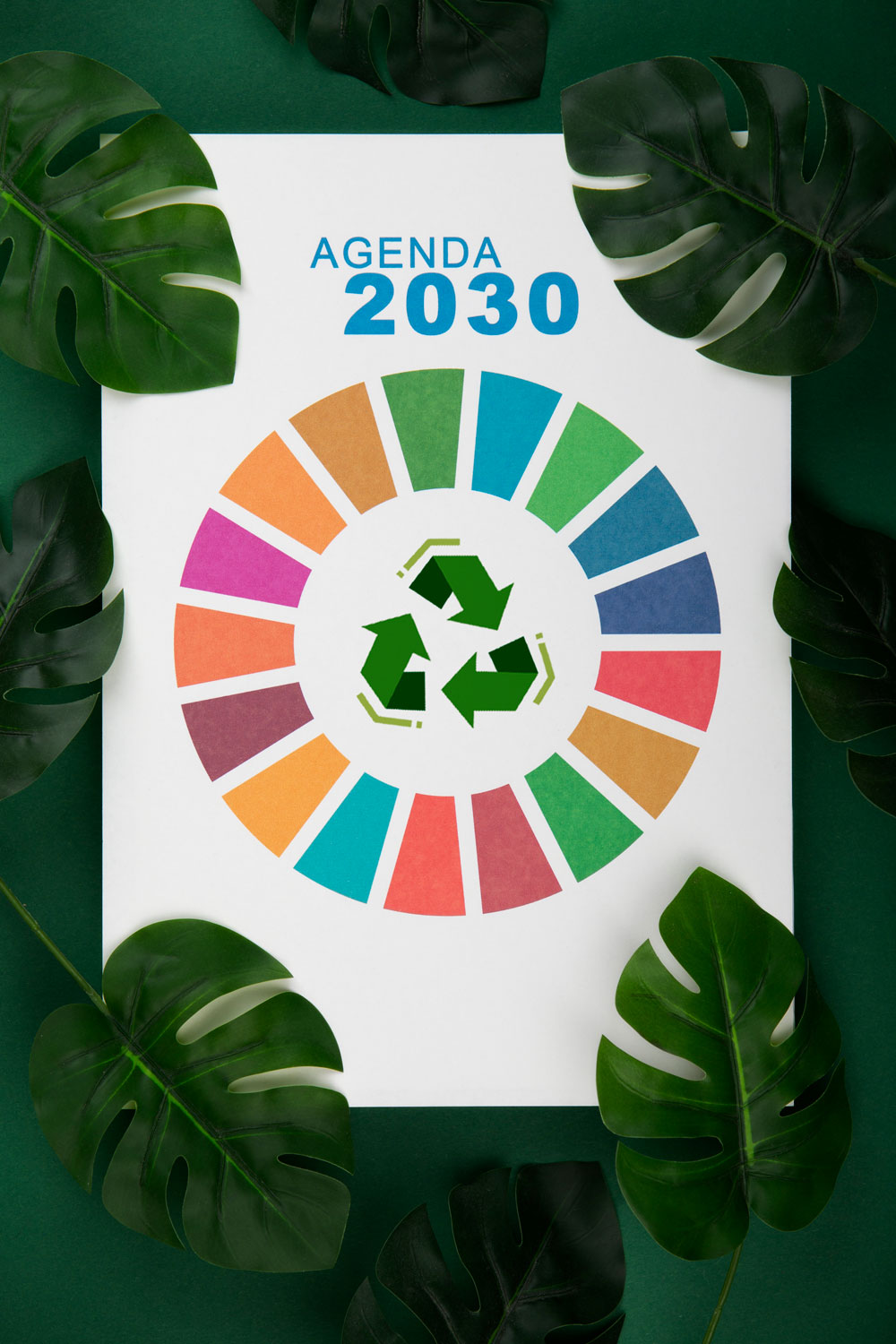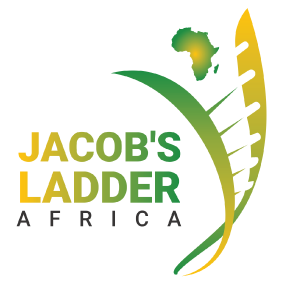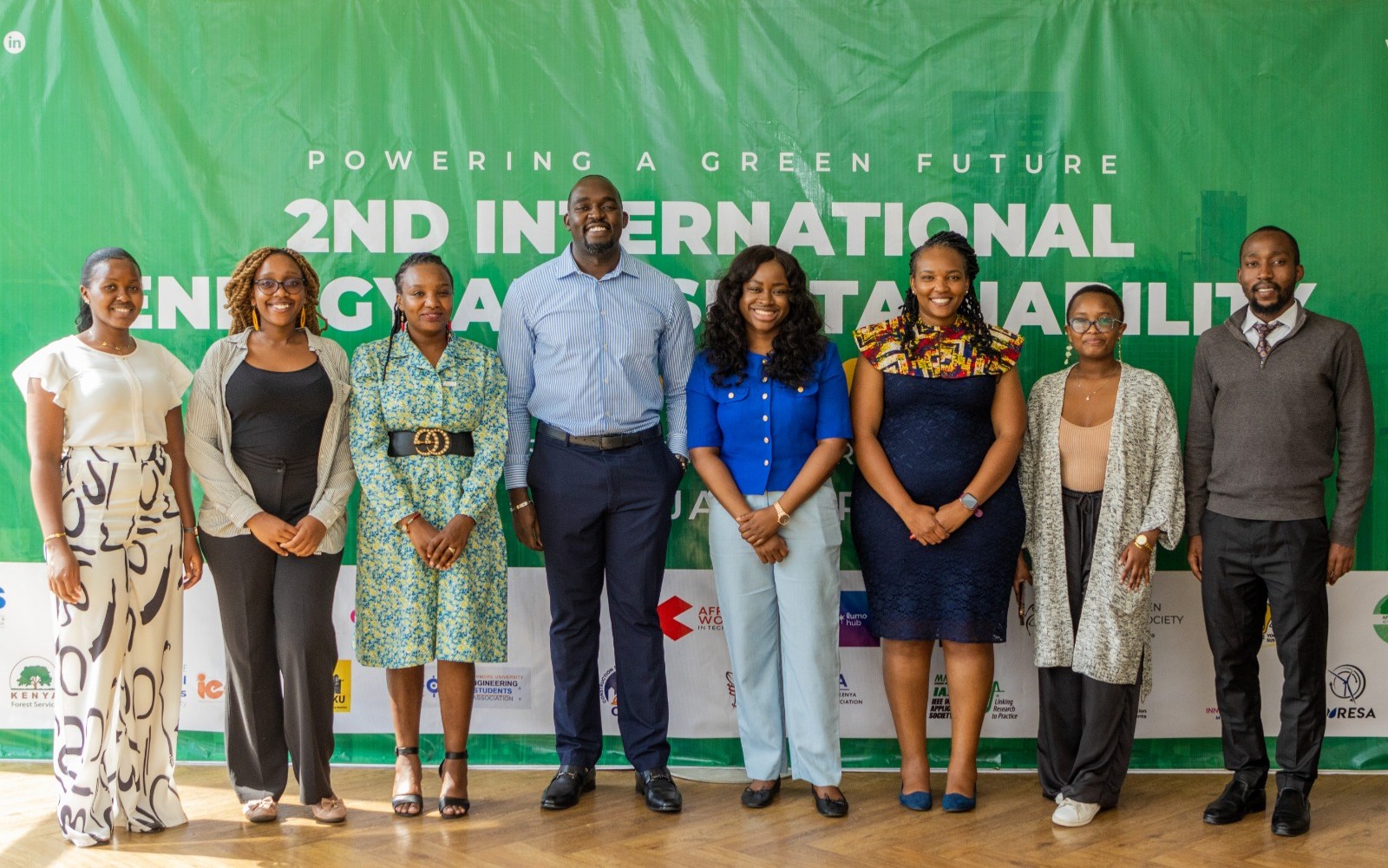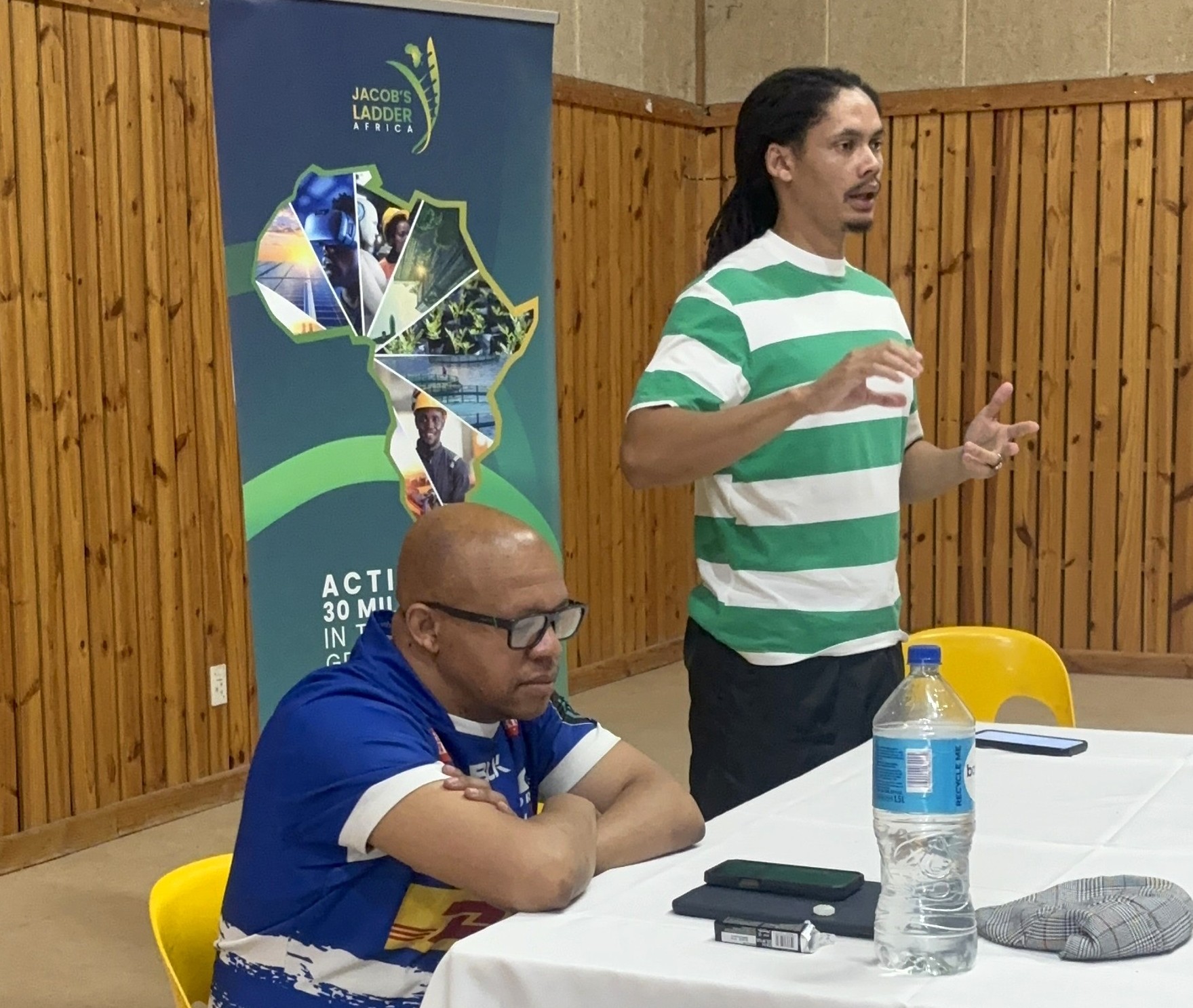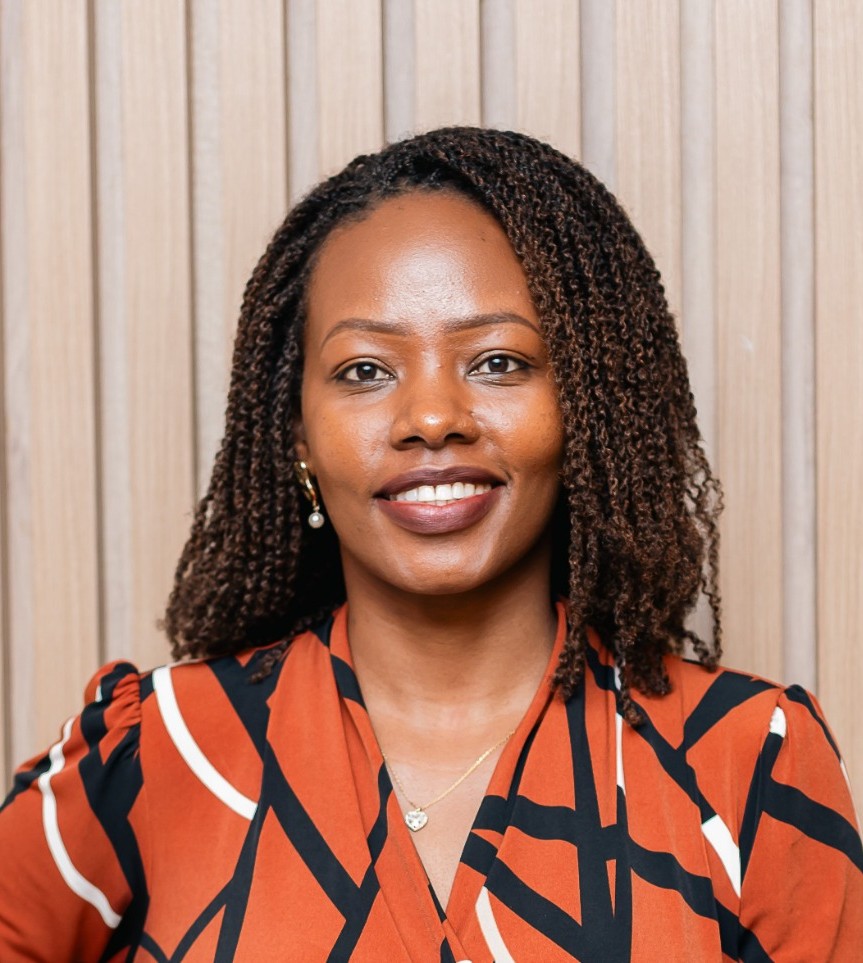The Roadmap to green workforce preparation in Africa
Africa, like the rest of the world, is racing against time to meet the 2030 deadline for the Sustainable Development Goals (SDGs) and fulfil other international commitments on climate change such as the Paris Agreement to reduce global greenhouse gas emissions and achieve carbon neutrality by 2050. The continent is currently in a seismic economic shift to accelerate the transition from a “low-carbon” economy to a more sustainable and inclusive economy with access to energy for all, while placing people and nature at the centre. The idea of a “green economy” provides a unique opportunity to reconfigure African economies to leapfrog development and accelerate the transition to a more sustainable future.
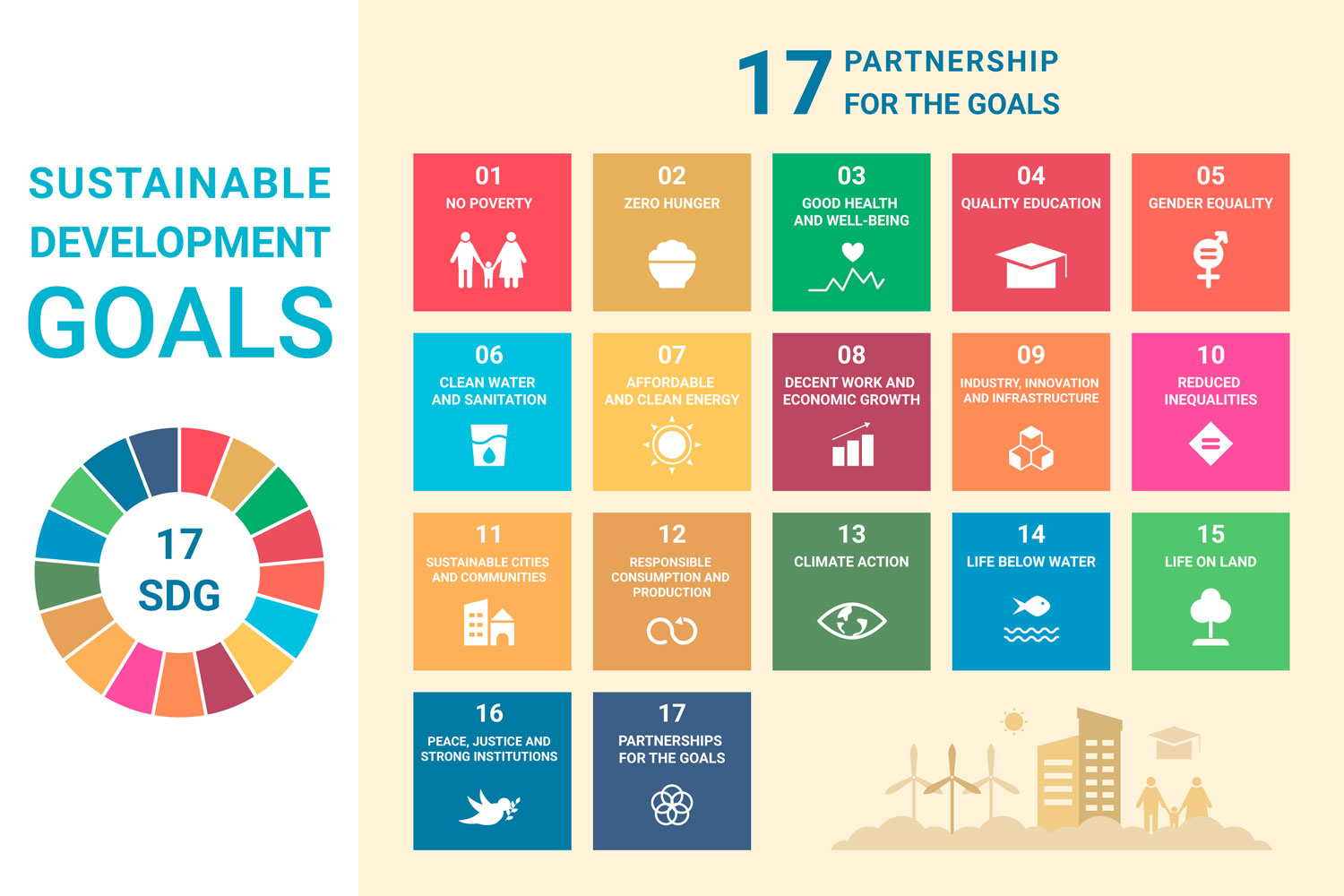
The transition to renewable energy presents an opportunity for the upskilling of the existing labour force whose previous involvement in the energy sector centred around fossil fuels. South Africa’s Just Energy Transition Partnership will not only result in decarbonisation but the creation of employment and livelihoods. The same applies to countries adopting regenerative agricultural practices, carbon removal technologies, e-mobility among other climate adaptation policies. Green workforce preparation is therefore key to the development of the green economy in Africa.
It is imperative for stakeholders to help strengthen the evidence-base for green workforce preparation efforts in Africa through research and dissemination of information. Bilha Ndirangu, Sellah Bogonko, and Patrick McSharry (Professor, Carnegie Mellon University Rwanda) are leading the development of a Green Workforce Readiness Index, in the 2023 Room 8 as part of the 17 Rooms initiative by The Brookings Institution and The Rockefeller Foundation.
17 Rooms is an experimental method for advancing the economic, social, and environmental priorities embedded in the world’s Sustainable Development Goals (SDGs) and aims to promote pragmatic action within each SDG, while also stimulating productive connections across all goals. Bilha and Sellah’s participation in Room 8, which is focused on decent work and economic growth through the development of an Index, is aimed at enabling countries to self-monitor their progress towards increasing capacity for climate resilience by ensuring that they steadily improve their human resource skill, through diverse discourses and projects, tangible solutions to help the youth better seize opportunities in the green economy will be developed.
Our approach is to empower Africa with a new generation of workforce that is environmentally conscious and dedicated to help the continent realise its carbon targets within planetary boundaries. To achieve this goal, we invest in youth to drive the change, because we believe they are a critical cog in the wheel of progress and success in the Africa climate action. We also work with governments, the private sector, and other actors in the development community to facilitate an enabling environment for youth to take initiative and leadership in the green economy. We strive to build a vibrant and inclusive green economy that works for everyone. Ultimately, we believe that by empowering the youth with the capacity and resources to become leaders in the green economy, we can drive the transformation of our continent and make a lasting impact on climate change.

